
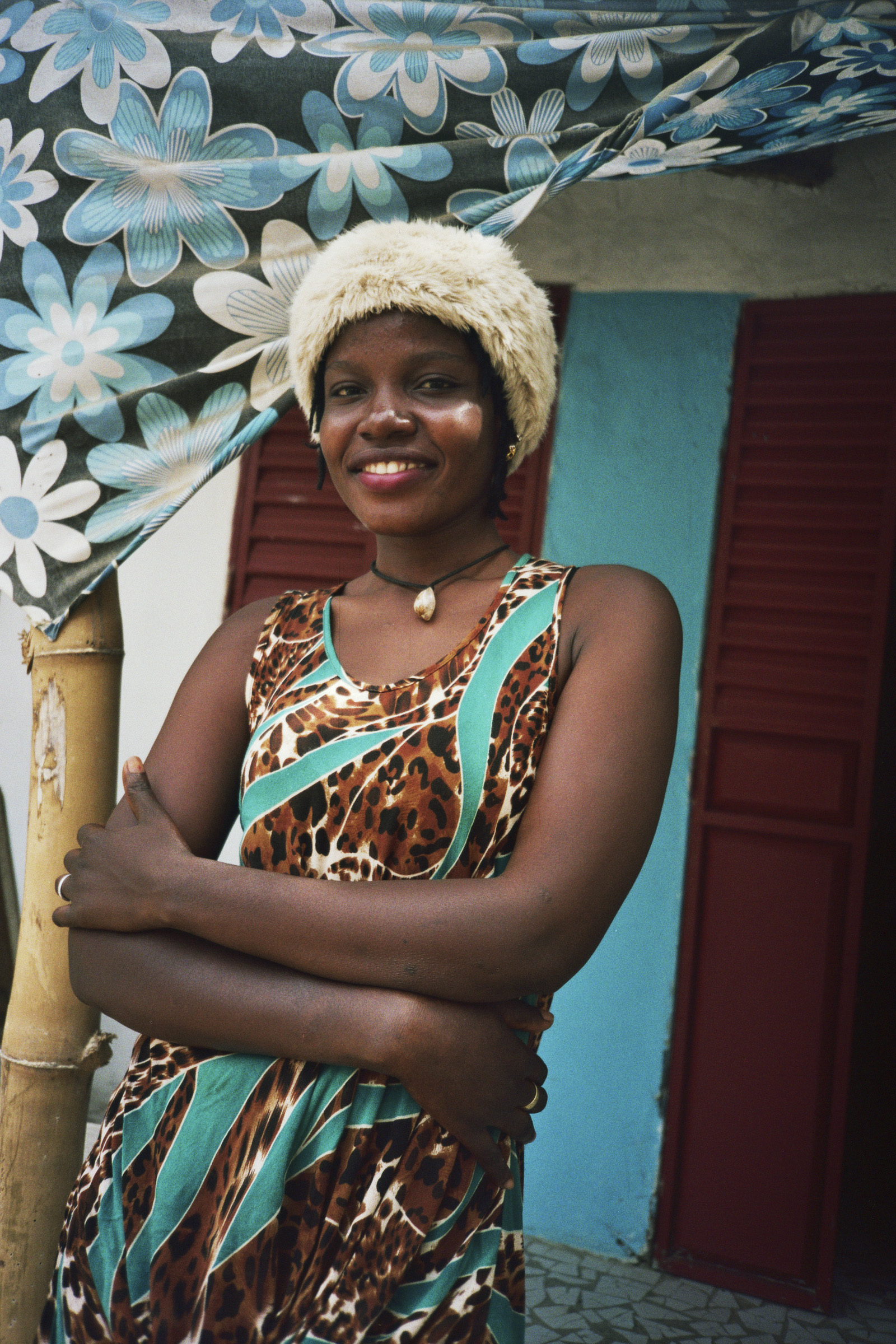

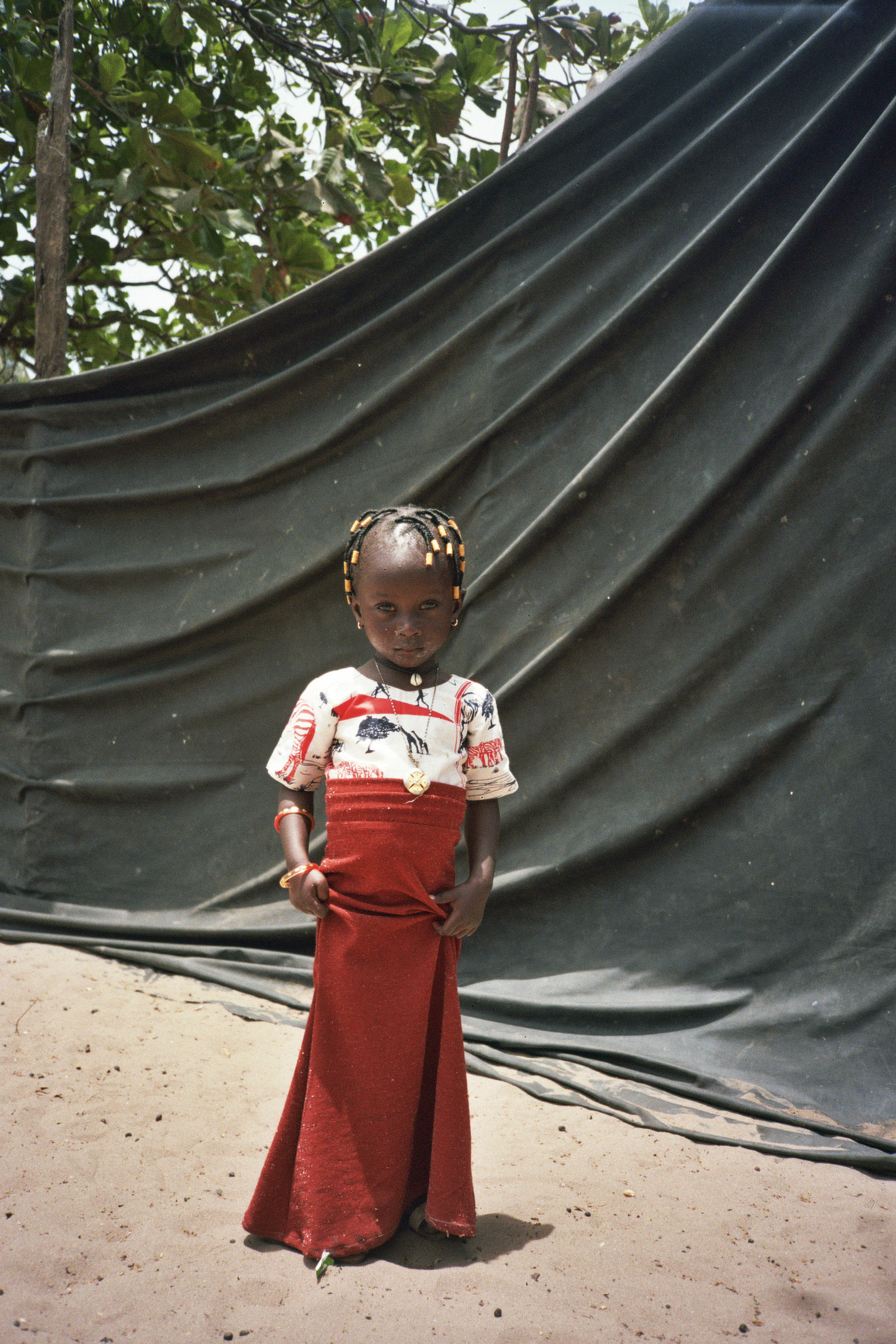
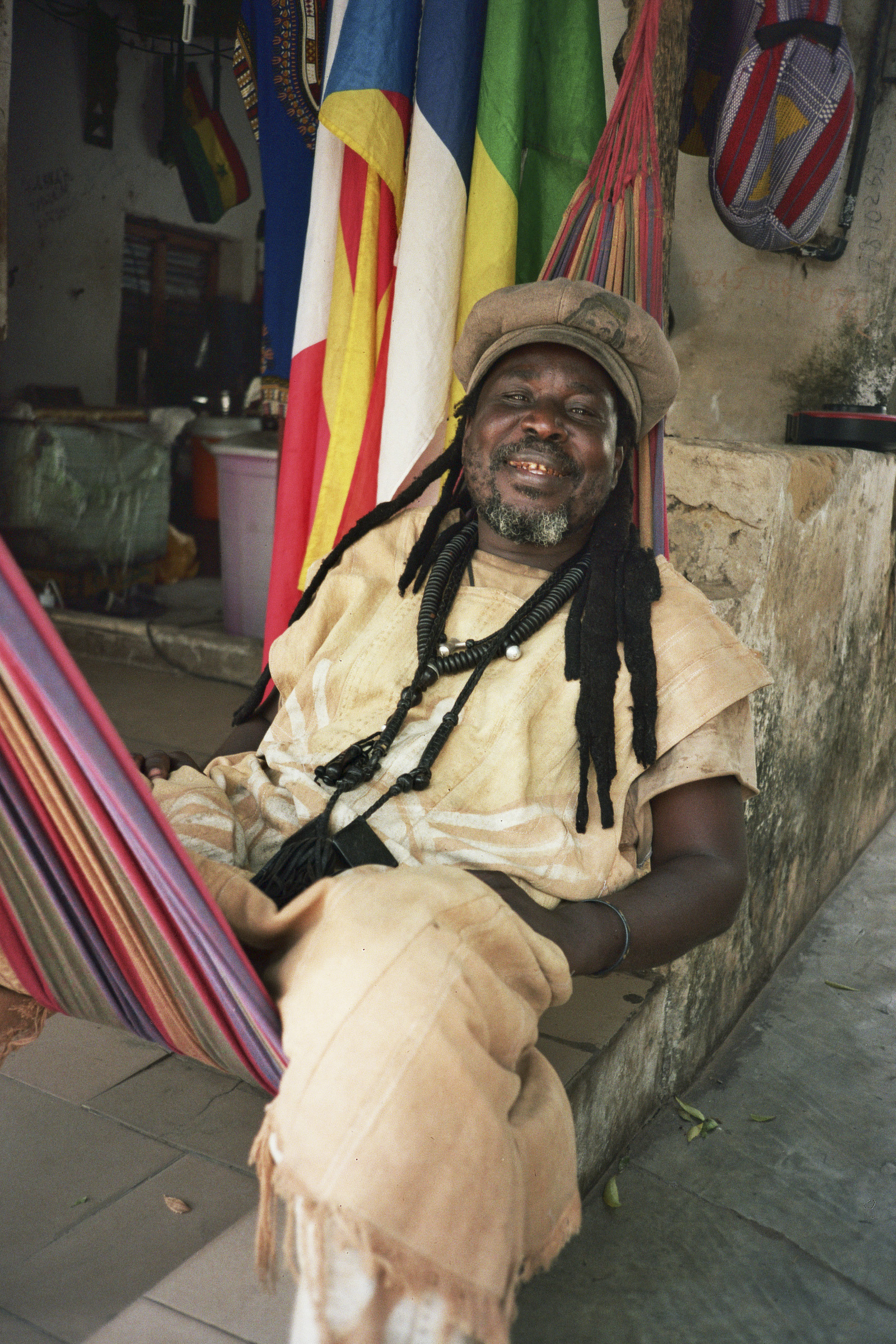
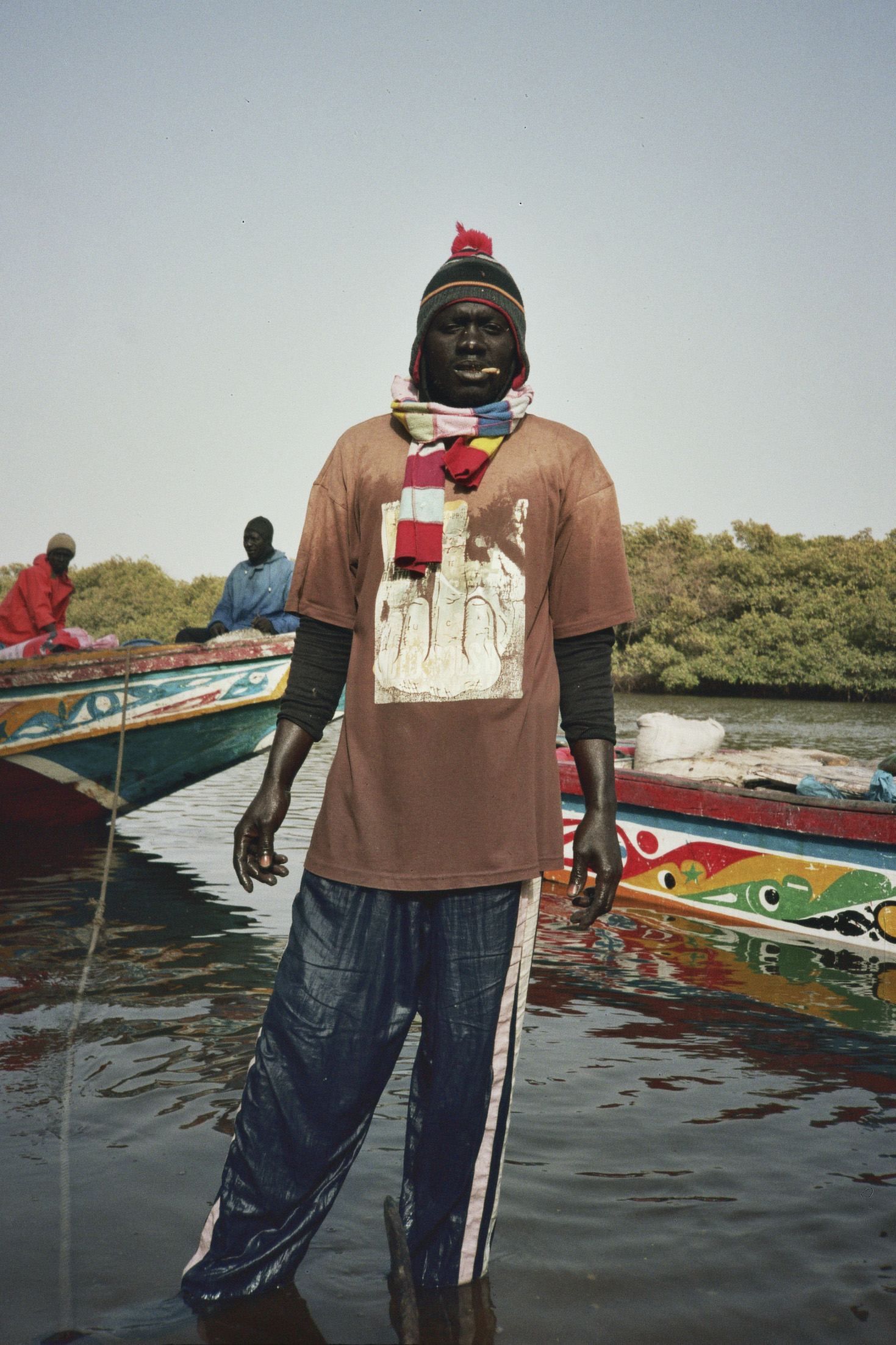

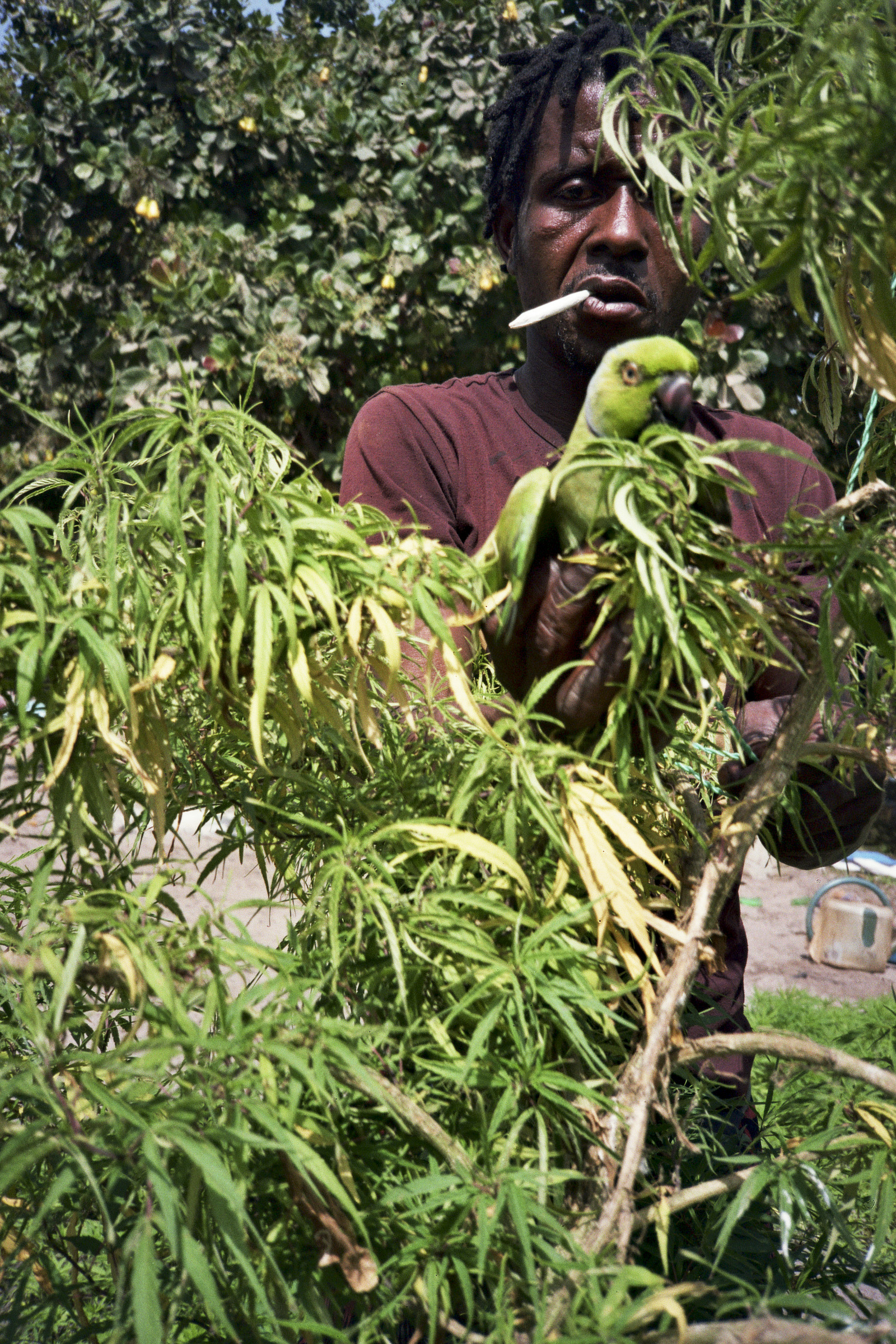
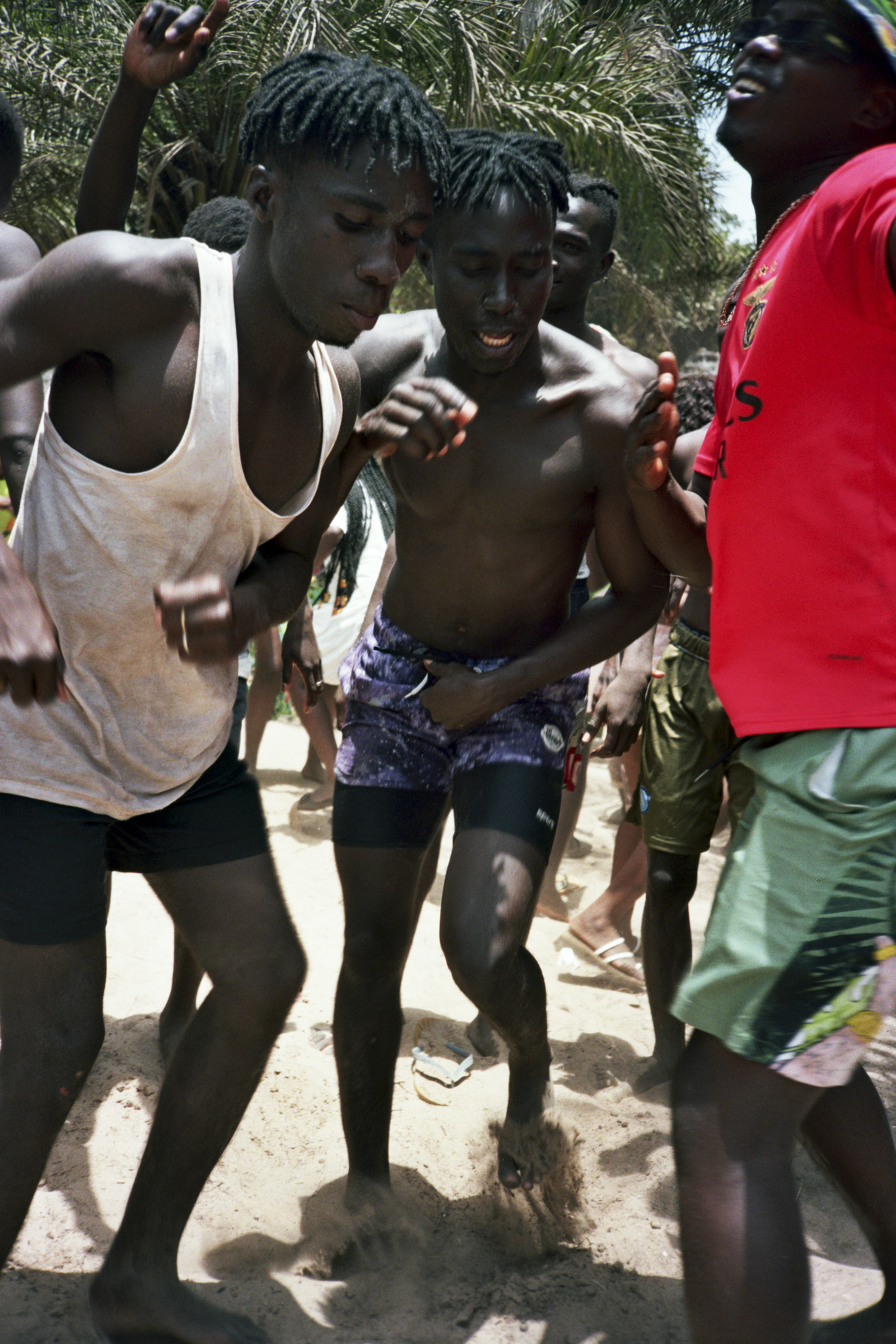
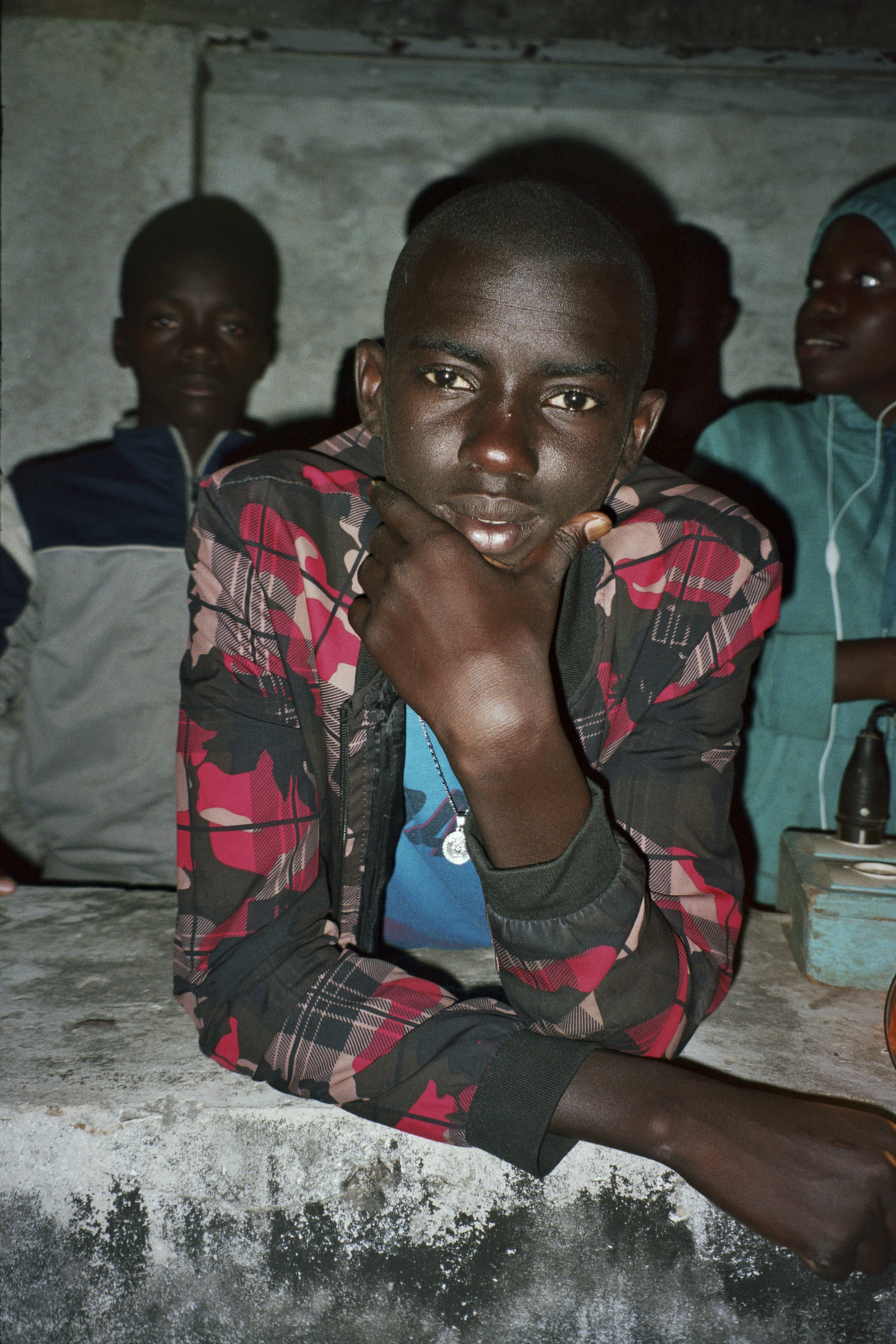





NICE TO BE NICE
A collection of images taken throughout my travels to Casamance, Senegal Deep South; culturally and topographical - it is a truly beautiful part of the country. It doesn’t take a genius to work out why the people are particularly proud of their heritage. A lush paradise of green foliage covers the land, with waterways guarded by bountiful mangroves and mango trees. It’s clear, nature is in its element here, reclaiming itself and in return delivers us outstanding beauty as far as your eyes can see.
My trip to Casamance was not only a pleasant journey but a revealing experience, based on their culture and the way of life, for the Diola ethnic group. With this project, I wanted to understand and explore the Diola's identity in Senegal and thei brilliance of life. I wanted to capture the realness of Casamance, a part of Senegal that not many people know.
I was taken in as if I was an old friend and I connected deeply to the community, every day I was receiving kindness and life lessons from the people I met: young or old, they all taught me a lot. They treat each other in such an admirable way. A different level of generosity, always attentive and sharing the few things they had. I was truly fascinated by their sense of community, everyone is treated with an inherent love, just like family even if they aren’t blood-related. In Diola's villages, children do not belong to their parents, they belong to the community, so a child will have many dad’s, mum’s, brothers and sisters. That way they learn from a richer and wider perspective, coming from many different people in the village.
Senegal is dominated by the Wolof group, but the main ethnic group in Casamance are the Diola, the majority follow an animist and Christian tradition, and those who do, cherish their culture and traditions with passion and loyalty to their land, which they consider being vulnerable, whilst still being respectful towards the ancestral values of their ancestors. For Diola's people, the practice of animism grants a right of passage for the phenomenon that is; naturalelements and climatic events come together with a life force and are therefore linked to creation. They believe this force transcends through the human being and nature. For Diola people everything has a soul; animals, plants, forests, rivers, storms, even objects do. They live in harmony with nature and their environment.
The Diola are also an egalitarian society, with every village member undertaking employment they want or need. Here, there is no recognised stratification based on the caste or class systems, instead, the oldest male is traditionally regarded as the figurative head of the village. It's a village of socialism, so balanced. Where power and riches are not kings.
